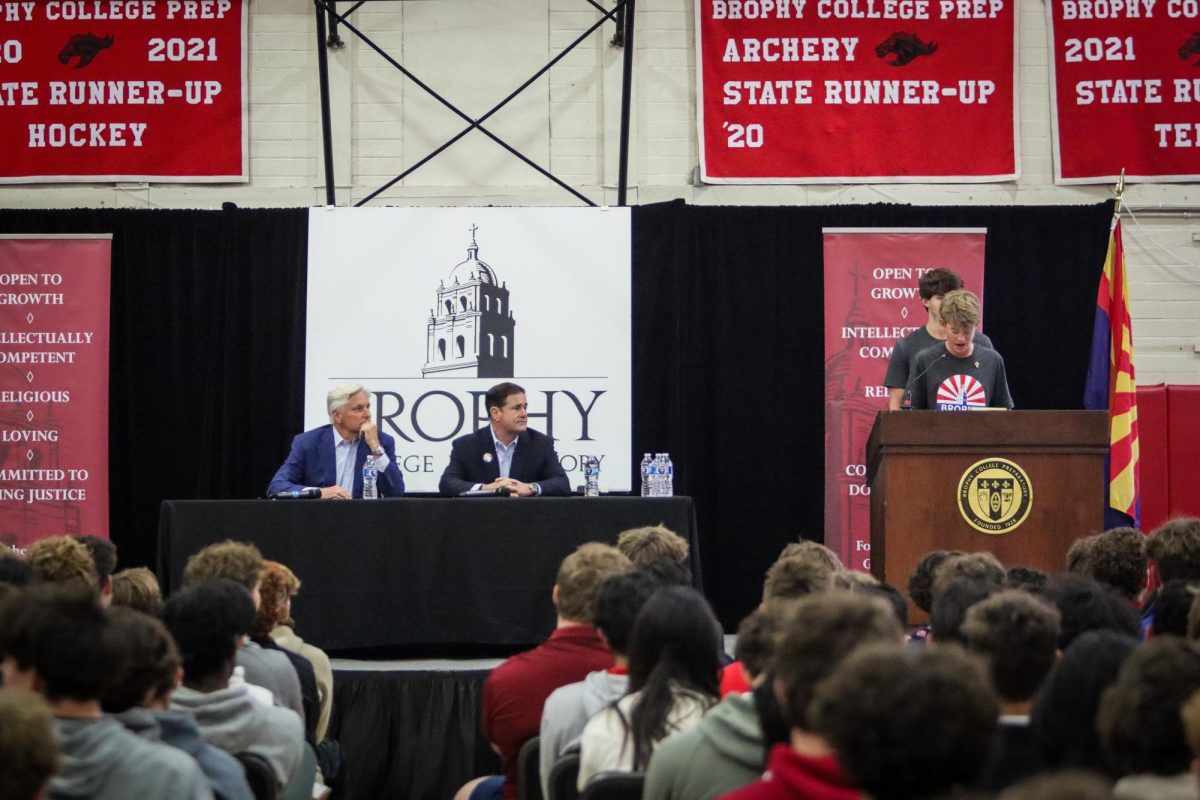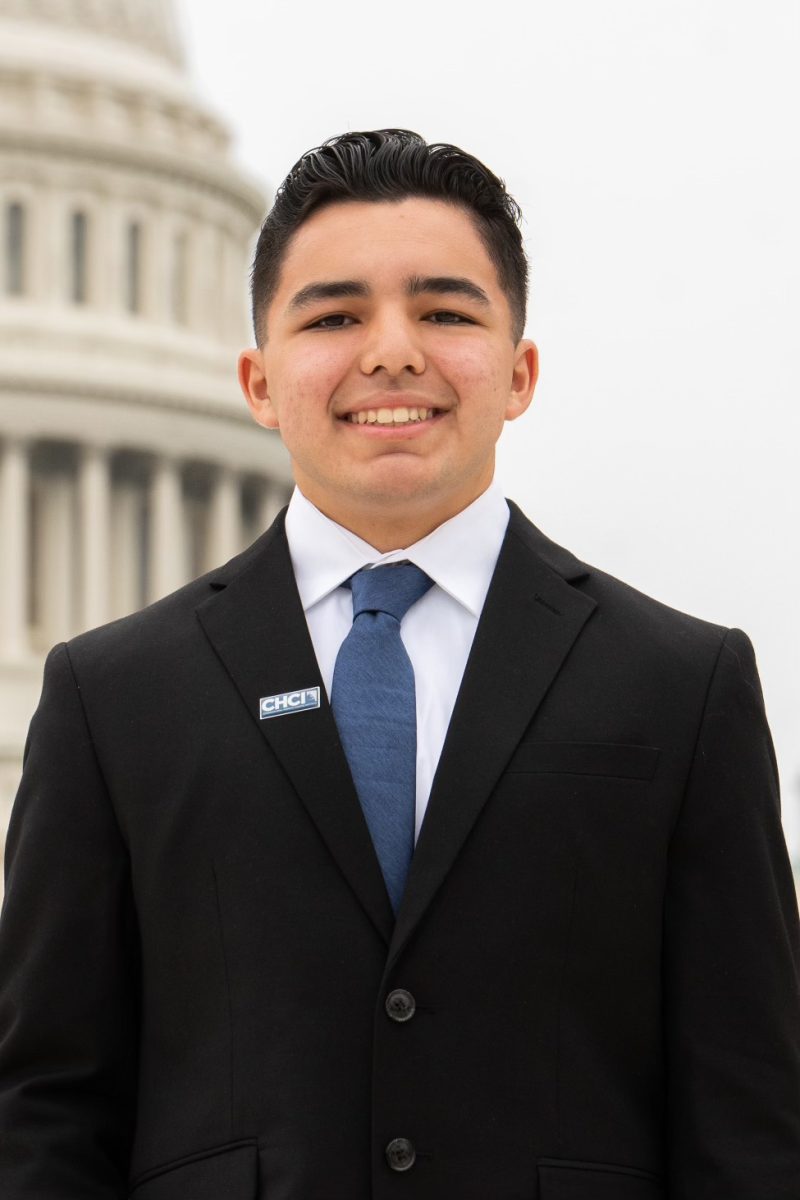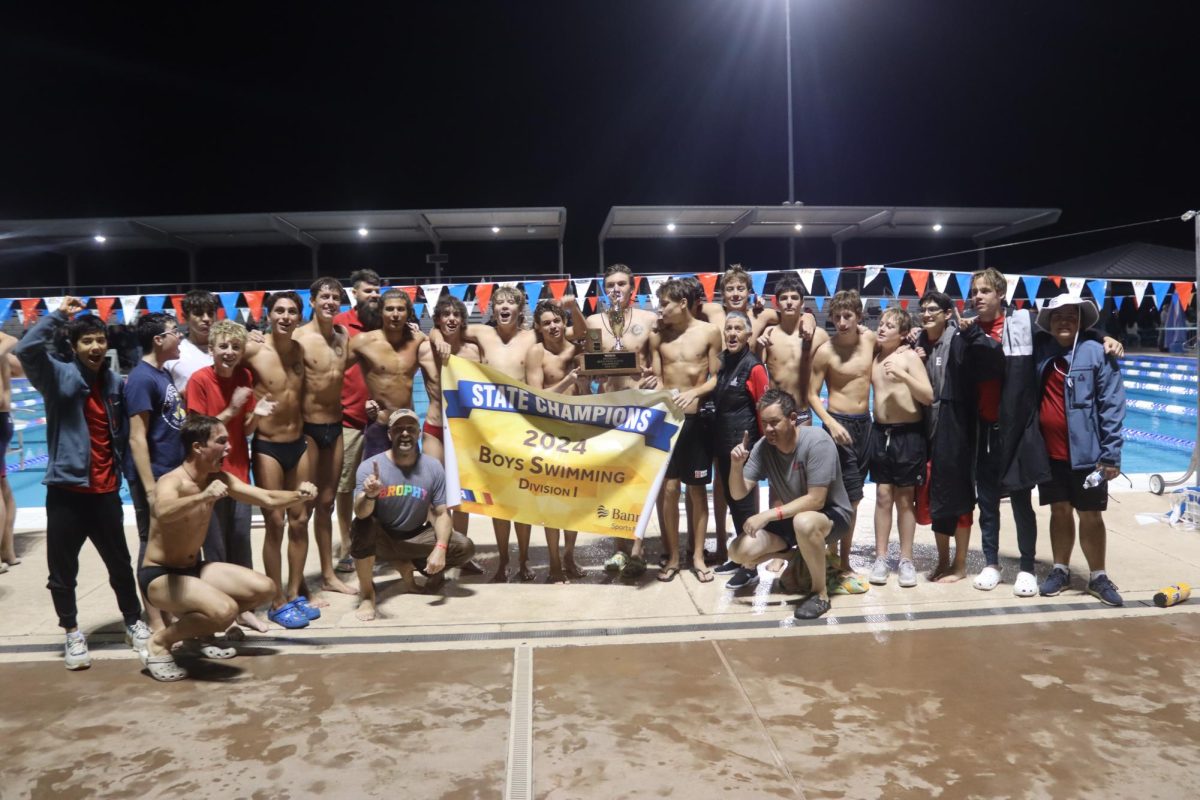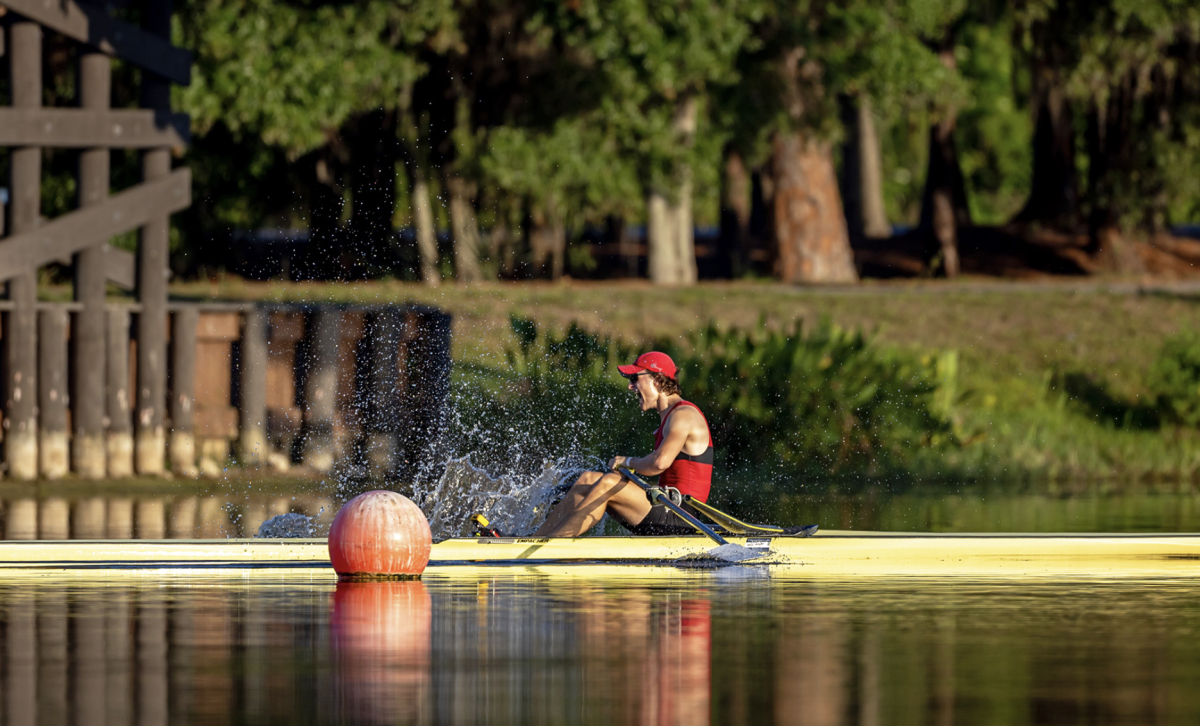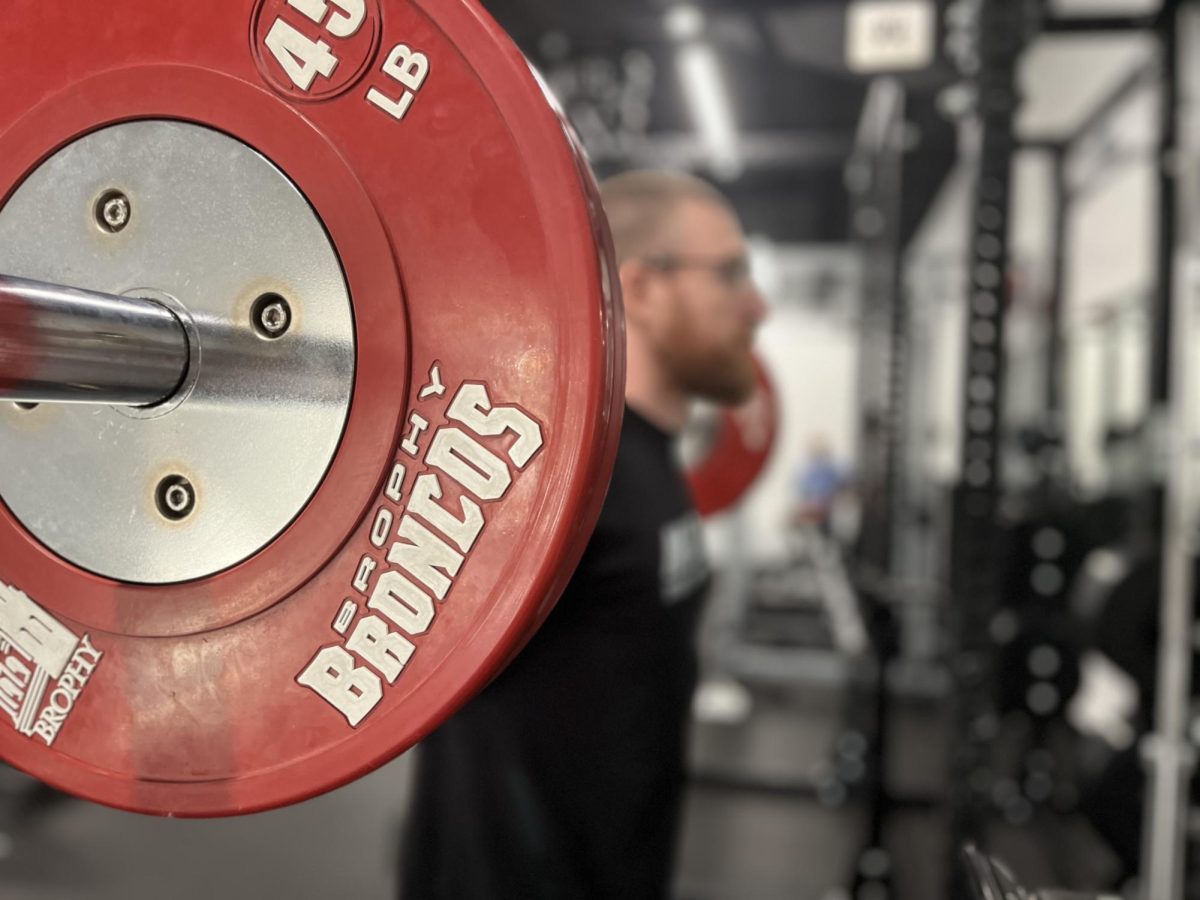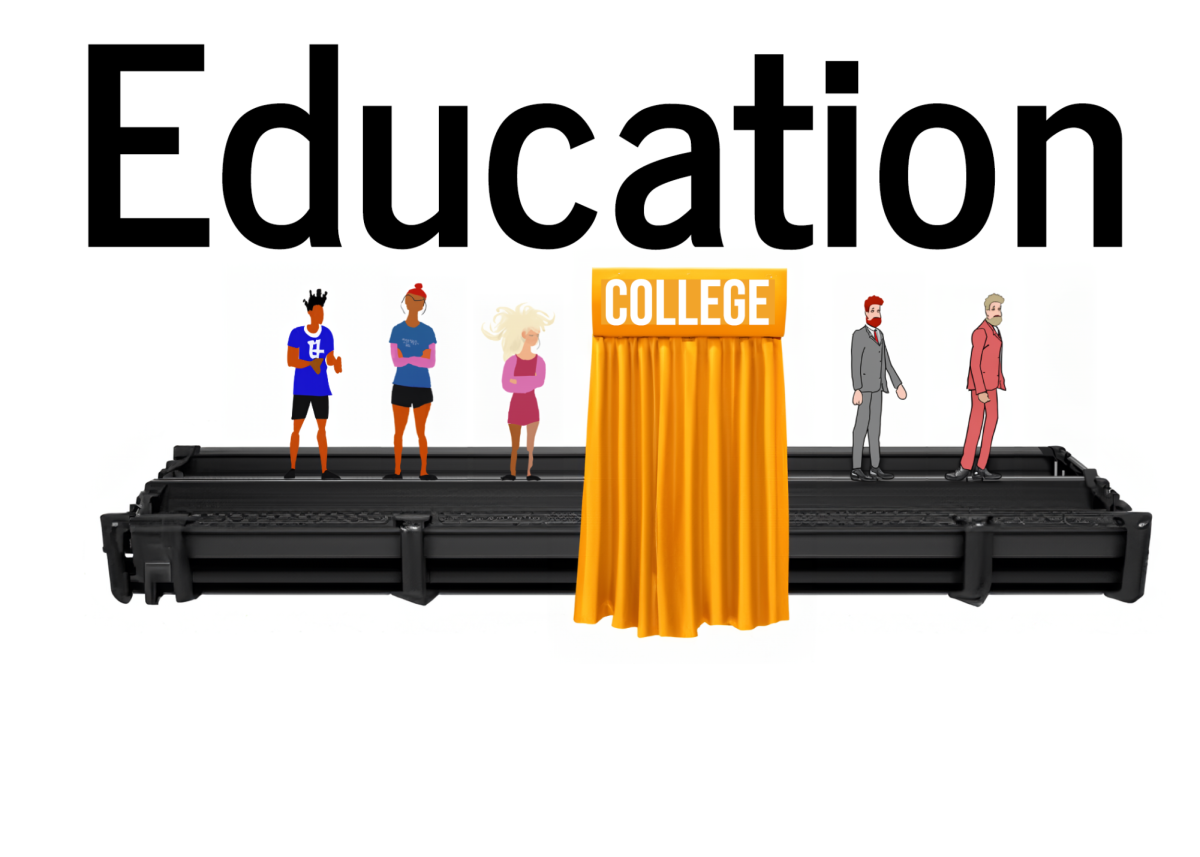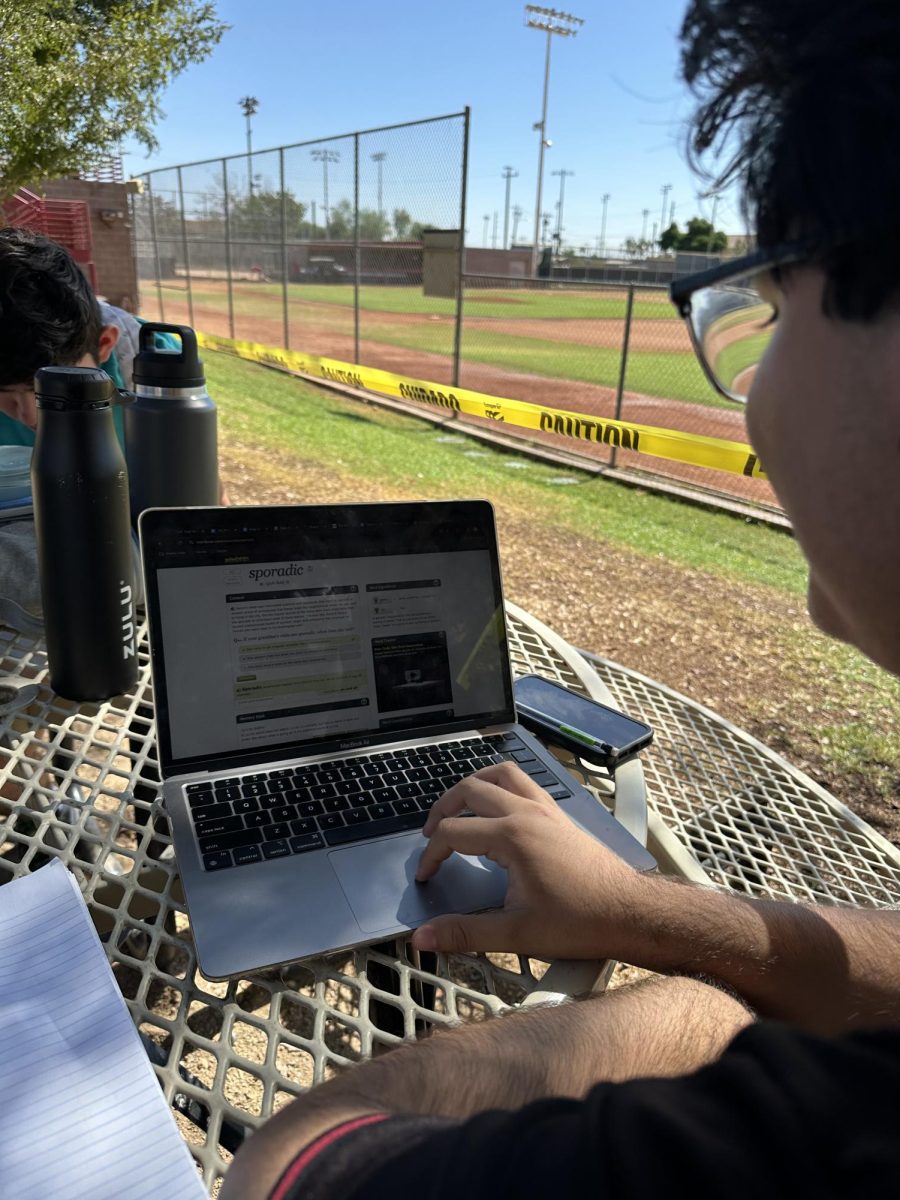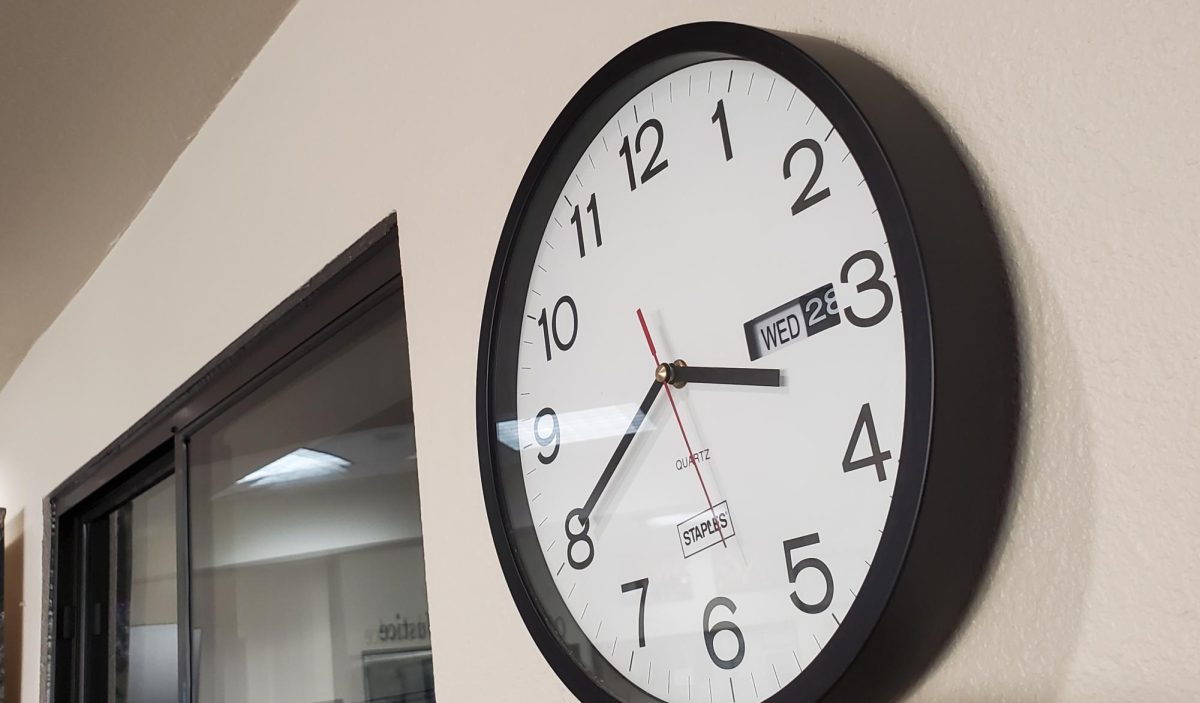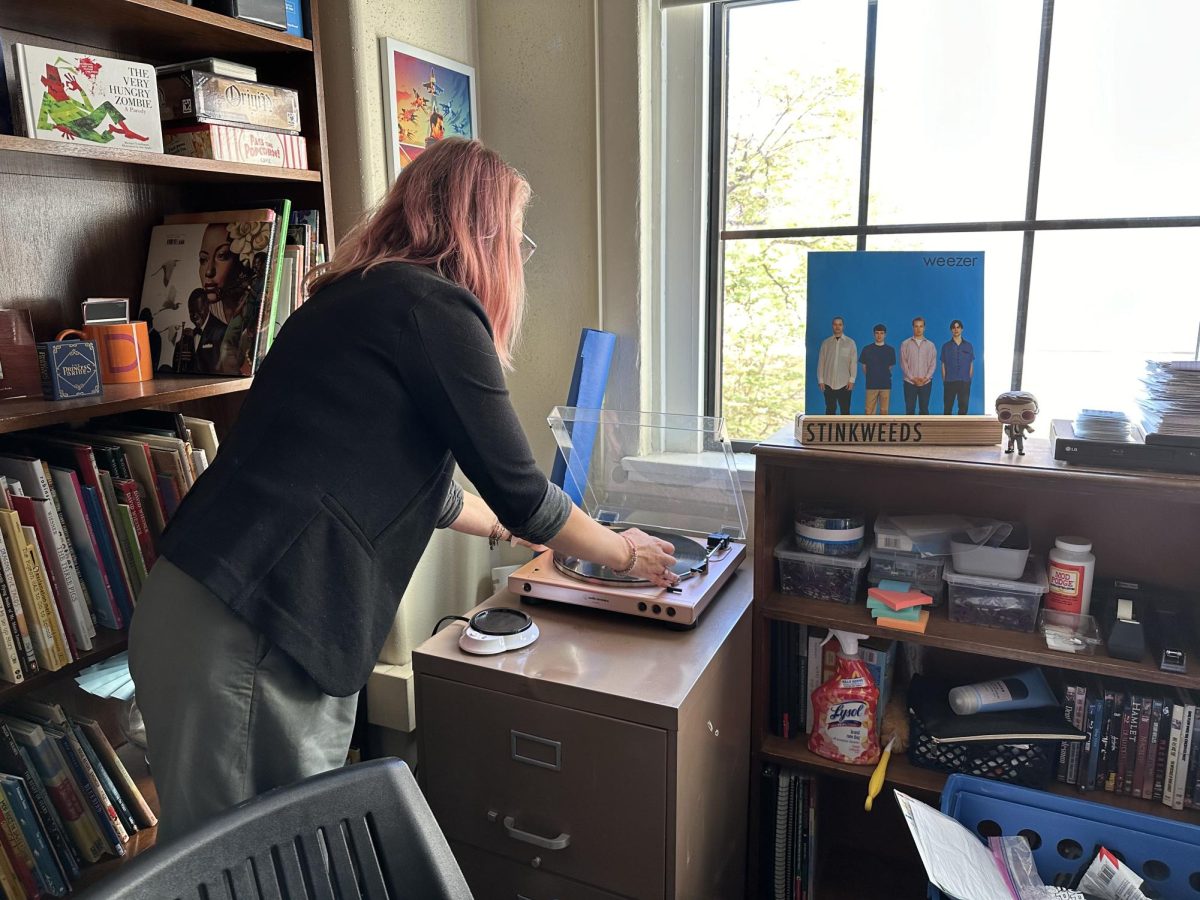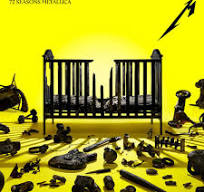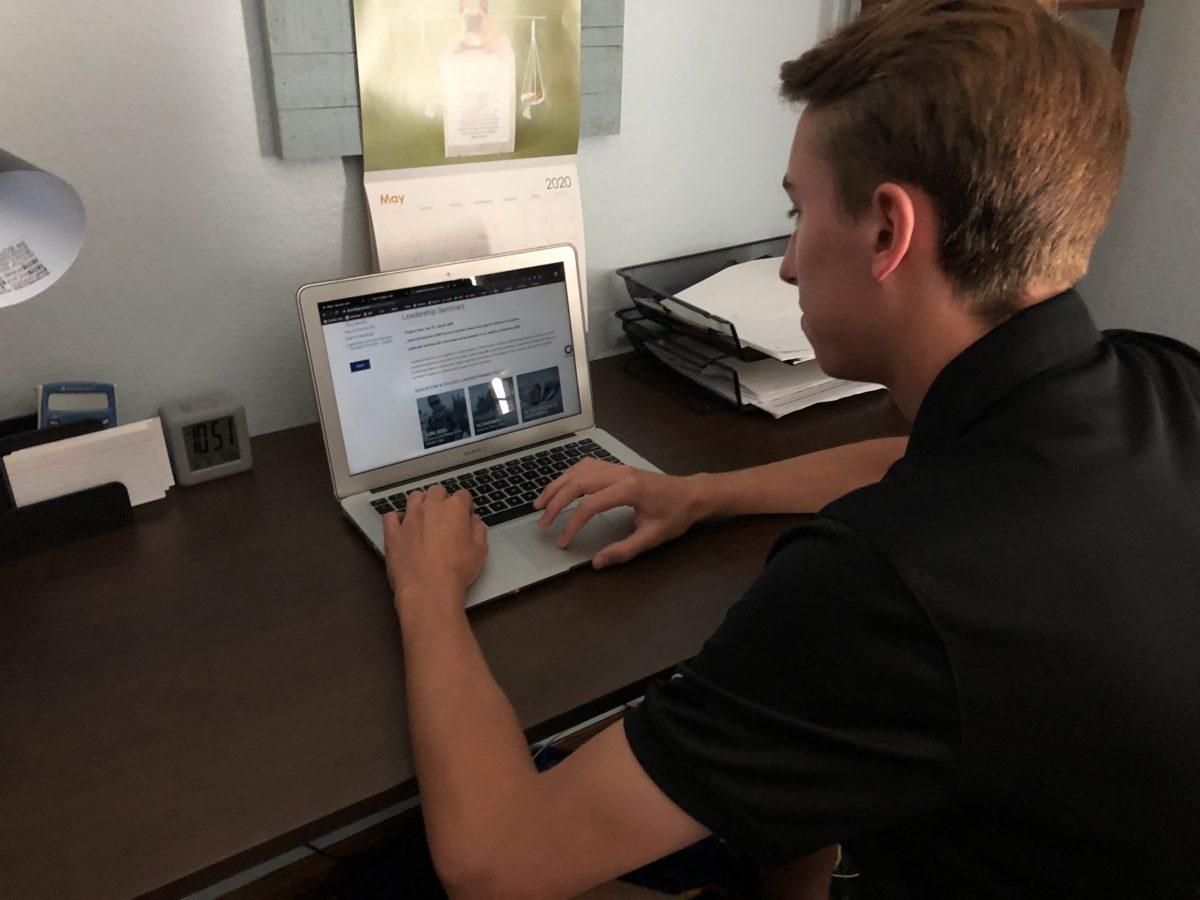By Carl Justice ’21
THE ROUNDUP
COVID-19 has led to the closure of college campuses across the country as students have been forced to adjust their plans on the fly.
Many rising seniors were scheduled to take classes at various universities across the country in order to get a better feel for a college campus while taking a course that interests them.
Davis McHenry ’21 was scheduled to take a free ten-day course at Notre Dame, titled the Notre Dame Summer Leadership Program. He has yet to decide on how to replace that time, but will be taking a different class at Notre Dame online.
“It was supposed to be at the end of July, so I am just waiting right now to see if things with COVID-19 change,” McHenry said. “Notre Dame offered people admitted to the leadership program free admission to their normally expensive online courses.”
McHenry added that he will be taking a class based on cancer studies, which is different from his initial class that focused on environment and science.
Gus Chavez ’21 was scheduled to participate in multiple programs across the country, many of which have already been canceled. These programs are courses taken on college campuses, most of which do not provide any college credit. They are generally taught by professors and are based on various topics.
“Unfortunately, to date, seven programs that I was accepted to have been cancelled due to COVID-19,” Chavez said. Chavez has applied to two others and is awaiting a response in late May, but believes that they will also likely be cancelled.
He was especially disappointed in missing a program at the University of Michigan, where he was the recipient of the program’s sole scholarship, adding that he would have gotten a chance to further improve his relationship with the director of admissions for their business school.
Opportunities like these cannot be made up by any online class, leading to students losing critical chances to improve their image for admissions officers.
Brophy counselor Mr. Oscar Borboa believes students should embrace exercise and service opportunities with their newfound time.
“Brophy students should absolutely be looking for opportunities to serve the community this summer throughfood drives for those experiencing hardship, water distribution for the homeless and other things that make a tangible impact,” Mr. Borboa said. “That and exercising regularly. Our brains need it and it’s good habit development for college.”
Chavez has taken advantage of the free time he has increasingly seen available and will continue to have over the summer. He has begun working on his personal statement and will begin scholarship essays over the summer. Additionally, he is planning on working for his father managing his auto repair company in a job he hasn’t been able to pay enough attention to since he started high school.
“With all this spare time on my hands, I think that my father would appreciate it if I relieved some of the stress and labor at work,” Chavez said.
Other students like Biplove Baral ’21, who was scheduled to take part in a program at Arizona State University, are planning on opting not to participate in online programs.
“I’m probably just going to stay home and do something fun, like learning a new hobby or knitting,” Baral said.
He has opted to focus more on academics and bettering himself as a person instead of replacing college-related programs he was scheduled to participate in.
Many students have also lost the opportunity to participate in college visits with many replacing them with virtual tours, but Mr. Borboa is confident that students will be able to fill the gap.
“Not having access to college visits definitely changes how current juniors might narrow down their lists, but it certainly doesn’t excuse us from doing the front-end research that is an important part of the process,” Mr. Borboa said. “You have to devote some intentional time to exploring Naviance and looking at college admissions sites.”
Baral’s counselor, Ms. Kalli Hylle, recommended virtual tours to replace visits.
“My counselor has recommended YouVisit’s virtual tours, which are helpful,” Baral said. “You get a good feel for campus.”
McHenry was scheduled to take tours of Duke University and Vanderbilt University over the summer and has already completed virtual tours of each university.
“I have found them a lot more helpful than originally expected,” McHenry said. “The tours get into great detail with speakers narrating and 360 degree pictures where you can look wherever you want.”
Chavez attended two tours over spring break and is scheduled to take three more in May, but believes that they just simply are not as good as the real thing.
“I liken this to baseball stadiums. I can read about them, memorize the year they were built, their maximum capacity, watch youtube videos about key features, but there is nothing like scanning your ticket and walking into the stadium in person,” Chavez said. “Seeing the players, smelling the buttery popcorn, hearing the ‘Lemonade’ vendor shout his infamous cheers – Lemonade , Lemonade, just like Grandma made!”
Chavez is hoping that he will get the opportunity to attend fly-ins and experience the campus for himself in the fall.
Some students are worried about the hit that their resumes will take, but others are more optimistic.
“My resume will be hard hit, so to improve my resume now, I am just working on my grades,” Baral said.
McHenry is not as worried, as he is able to make up the one program he was unable to participate in.
Chavez is also not worried about his resume as he noted that other students are dealing with the same situation.
“There are millions of juniors across the country that are having their summers vastly altered like I am. Programs that they were looking forward to were canceled. Schools that they were planning on touring were shut down. Immersion trips that they were dying to partake in were delayed,” Chavez said. “In a sense, it’s comforting to know that I am not alone in my struggles, and an entire class is working together to have some control over their future.”
Chavez noted that he is looking to improve his resume through experiencing new programs and gaining valuable work experience from his father’s company.
Mr. Borboa noted that students can best improve their resumes by doing what they can to make the most of the situation.
“I hope guys spend time on what they’re actually passionate about as great things come from that,” Mr. Borboa said. He elaborated, suggesting service, organization, writing and creating as possible activities students could take up but stressed that it is really up to the student to decide what they want to do.
Many students across the nation have become less interested in out-of-state college education thanks to the virus, with Chavez being one example.
“If asked as a freshman, sophomore, or even earlier this year where I was planning on going, I would have said as far away from Phoenix as possible,” Chavez said. “Now that my life has been impacted by COVID-19, I’ve come to realize how connected I am to my family. The thought of being thousands of miles away from them scares me.”
Chavez noted, however, that he was keeping his options open and was not necessarily opposed to going out-of-state for college.
McHenry is only worried about potential epicenters of the virus and is still very much interested in leaving Arizona for college.
Overall, Mr. Borboa said that while it is definitely important to focus on the present during this pandemic, taking some time every so often to plan for the future without taking time away from the family is critical.

